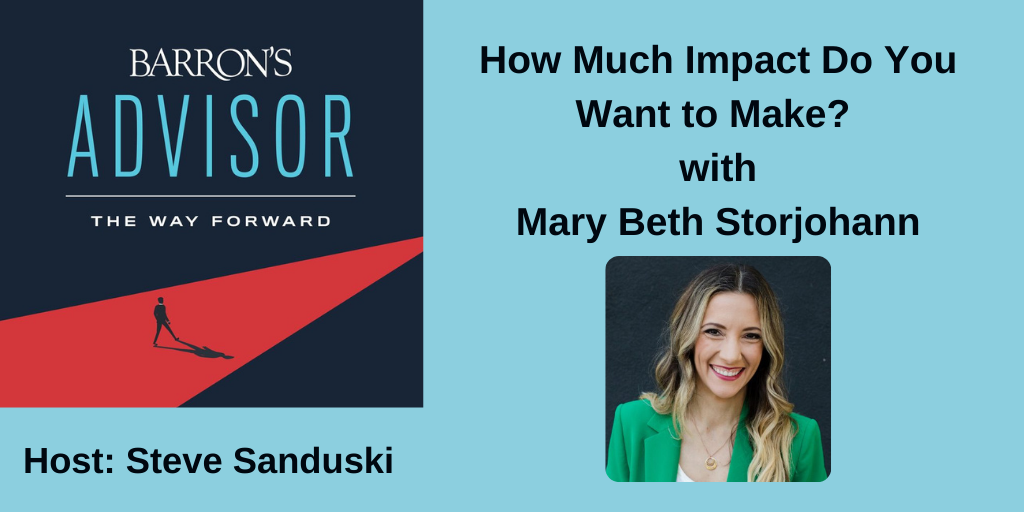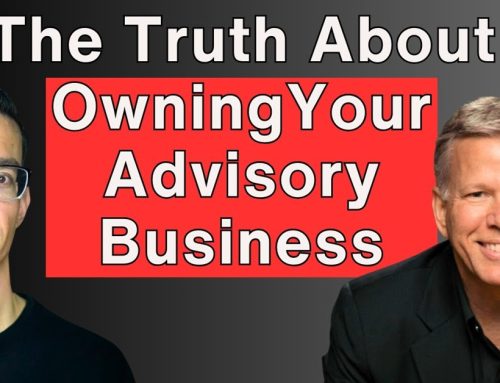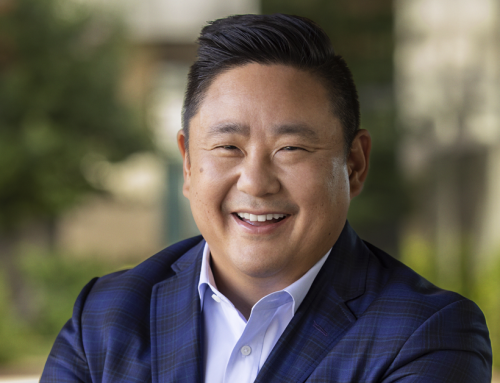There’s a predictable pattern in the lifecycle of being a financial advisor.
You start your career with the “fog a mirror” or the “breathing test,” and after a few years, you have a bunch of clients; many of whom are not “ideal.”
And over time, as you get more successful, you realize you’re spending so much of your time meeting with clients, following up with clients, and walking clients off the ledge when the markets are tanking, that you have little time left for “the business of the business.”
So, you decide to bring on an associate advisor and move some of your less complicated clients over to your new advisor. All the while you continue to bring on new clients and “raise the minimum” for those whom you personally will work with.
Now, here’s where it starts to get a little trickier. You still have a substantial number of clients that you’re responsible for and you’re still slammed with the work of “being an advisor” and not an advisory firm owner. And it’s here that you reach your first business inflection point.
You must decide whether you’re building a business or building an income.
CEO Excellence Podcast
Business vs. Income
Here’s how I make the distinction between the two.
- A business has a separation between the management of the business and the people who deliver the service or product of the business.
- When building an income, the same person does both. This person delivers the service or product and does “just enough” management to keep the income going.
The real difference is building a business optimizes for business growth and impact while building an income optimizes the tension between personal income and simplicity.
Today’s podcast guest, Mary Beth Storjohann, reached this crossroads in 2019 and had to decide whether she wanted to continue being successful at building an income or make the jump to building a business.
Ultimately, she decided to merge her advisory firm with Abacus Wealth Partners, which at the time had about $2 billion in AUM. Concurrent with the merger, she became the Chief Marketing Officer of Abacus while continuing to serve as lead advisor for many of her clients.
Over time, she took on more management responsibility and on February 1, 2022, was promoted to the co-CEO role of Abacus, which is now a $4 billion AUM firm. Most of her original advisory clients now work with another advisor while Mary Beth focuses on her management role.
Why did Mary Beth decide to go from building an income at her own firm to building a business at Abacus? One word—Impact.
On my Barron’s Advisor Podcast, she said to me,
“It really came down to if I had all the money in the world, where would I be spending my time? And it was always going to be about educating and empowering people around their finances, but it didn’t have to be just under my face. How would I have much larger impact and how would I be able to reach a larger audience? And I felt in my heart and in my gut that I would be able to have a larger impact by bringing my passion into Abacus and being able to lean on other advisors, grow their marketing platform, and share that.”
When I coach advisors, I see a similar dynamic at play. Advisors often come to me because they want to make a bigger impact. They want to grow, but not grow just to make more money (they already have plenty). They want to grow because they feel they have much more to contribute and can make a greater impact by improving and accelerating their business-building focus.
Part of my role as a coach is to challenge my clients to step out of their comfort zone and stretch themselves to make that bigger impact. I believe in them often before they believe in themselves and it’s through this combination of my belief in them and my challenging them to step up that they break through a barrier and multiply their impact.
And the size of impact is relative. Advisors doing $3 million in revenue come to me and want to discuss what it takes to get to $10 million. And those at $10 million want to get to $25 million.
The counter-intuitive thing is as you get bigger, you can start to enjoy your work more. Why? Because you have the resources to surround yourself with people who do the work you don’t enjoy so you can spend the bulk of your time in your happy place and making an impact (or taking a year off and traveling with your family).
My challenge to you today is to ask yourself, “How big of an impact do I want to make?”
If your answer is “much more than I am now,” then feel free to reach out to me and let’s discuss my coaching services and see if I can help.





